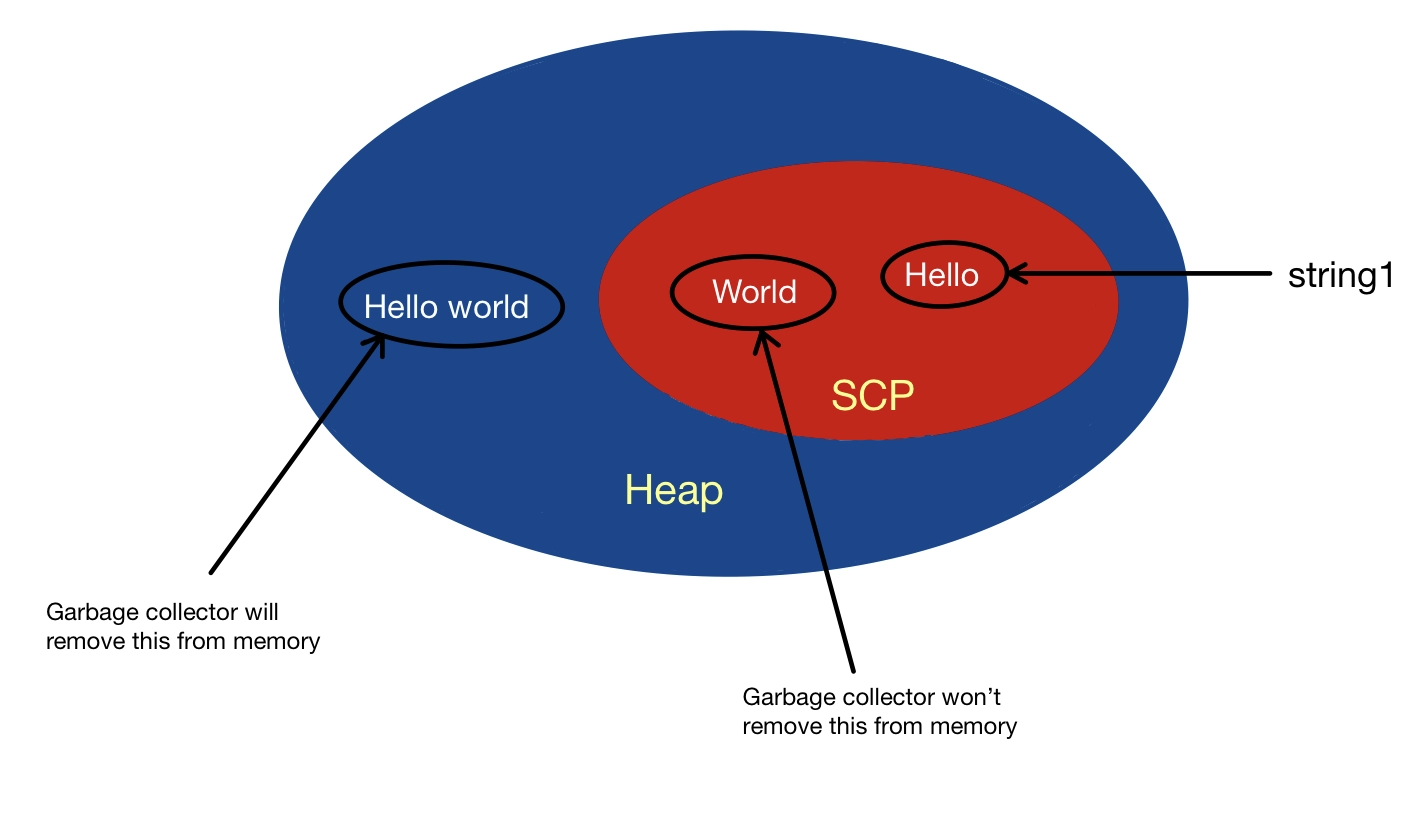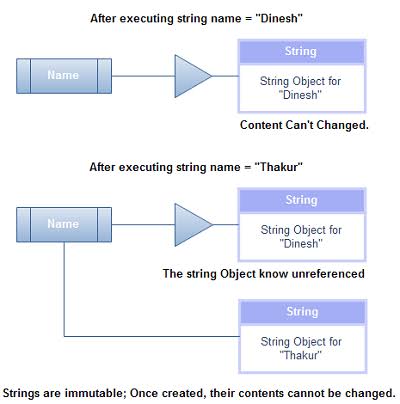Why Are Strings Immutable in Java? Necessary Expertise for Designers
Why Are Strings Immutable in Java? Necessary Expertise for Designers
Blog Article
Checking Out the Advantages of Immutable Strings in Modern Programming Paradigms
In the realm of modern-day programming paradigms, the principle of immutable strings stands as a keystone of durable software program development. By embracing immutable strings, developers can make certain improved information honesty, improved string safety, simplified debugging procedures, enhanced security procedures, and reliable efficiency optimization.
Boosted Data Honesty
By stopping the alteration of string items, immutability gets rid of the danger of unintentional adjustments to the information they hold. This not only improves the security of the information however likewise improves the integrity of the code that relies upon these strings.
Immutability likewise supports much safer multithreading settings, as concurrent accessibility to immutable strings does not present the threat of data corruption through simultaneous alterations. This home streamlines the process of handling strings in parallel shows circumstances.
Basically, immutability serves as a safety guard around the data kept within strings, boosting their integrity by guaranteeing that as soon as specified, their worths remain unmodified throughout the program's implementation.

Boosted String Safety
Unalterable strings boost the thread safety of programs by making certain that when a string things is created, its worth can not be customized. This building eliminates the danger of simultaneous threads attempting to modify the same string simultaneously, which could lead to data corruption or inconsistent states in the program - Why are strings immutable in Java?. In a multi-threaded atmosphere, where numerous strings access and adjust information simultaneously, the immutability of strings gives a degree of safety by ensuring that the information continues to be unmodified throughout its lifecycle
Simplified Debugging Processes
Given the improved thread safety helped with by immutable strings, a considerable benefit arises in the realm of streamlined debugging processes. Immutable strings, as soon as created, can not be altered, making it easier to map the flow of data and identify the source of pests in a program. This immutability makes sure that strings continue to be constant throughout the execution of the program, reducing the chance of unexpected adjustments that can bring about errors.
When debugging with mutable strings, designers usually encounter problems where a string's value is changed unintentionally, making it testing to determine the source of an insect. Nonetheless, with immutable strings, the information remains unmodified, permitting developers to focus on assessing the real logic of the code instead of tracking down where and when a string was changed inaccurately.
In addition, immutable strings streamline the debugging process by allowing easier reproduction of bugs. Considering that unalterable strings do not change state, programmers can recreate and study insects extra properly, causing quicker identification and resolution of issues within the codebase. This streamlined debugging process ultimately adds to greater software program quality and boosted overall advancement effectiveness.

Increased Security Measures
Enhancing data security and strengthening article source system integrity, the use of unalterable strings in software application applications contributes dramatically to enhanced protection measures. Unalterable strings, as soon as produced, can not be changed, offering a vital protection against destructive meddling or unauthorized access. By guaranteeing that sensitive information saved in strings stays unaltered throughout the program's execution, the threat of information breaches or injection assaults is greatly decreased. Why are strings immutable in Java?. Immutable strings additionally play a crucial duty in avoiding usual safety and security susceptabilities such as barrier overflows and SQL shot assaults, as attempts to manipulate string data at runtime are inherently limited.
Moreover, the immutability of strings enhances the predictability of program actions, making it much easier to why not check here confirm inputs and prevent unexpected modifications that can endanger safety. This predictability streamlines the process of bookkeeping and confirming code, enabling developers to identify potential security technicalities more successfully. Overall, incorporating immutable strings right into software application growth methods not just improves the effectiveness and integrity of applications however also reinforces their durability against safety and security dangers.
Efficient Efficiency Optimization
When dealing with mutable strings, operations like concatenation or substring creation frequently result in the production of new string objects, leading to memory expenses and boosted processing time. By enabling strings to remain constant and stable, unalterable strings assist in better memory management and caching possibilities, eventually boosting the general effectiveness of the software.
Immutable strings likewise play an important role in multithreaded atmospheres by promoting thread security. Why are strings immutable in Java?. Since unalterable strings can not be modified when developed, they can be shared across strings without the danger of unforeseen adjustments, decreasing the demand for synchronization mechanisms and improving concurrency. In addition, immutable strings simplify debugging procedures as developers can trust that a string's value will certainly remain consistent throughout the program's implementation, removing possible errors brought on by mutable state modifications. In conclusion, the usage of unalterable strings not only enhances security but likewise significantly adds to the effective efficiency optimization of modern-day software systems.
Final Thought
Finally, the benefits of utilizing immutable strings in contemporary programs standards can not be visit the website overstated. Enhanced data honesty, improved string safety and security, streamlined debugging processes, enhanced safety procedures, and reliable performance optimization all add to the total efficiency of programs tasks. By including immutable strings into programming techniques, programmers can gain from a much more robust and trusted codebase.
Immutability, a vital attribute of strings in programs languages such as Java and Python, guarantees that as soon as a string item is created, it can not be altered or customized.Unalterable strings improve the thread security of programs by guaranteeing that once a string item is developed, its worth can not be modified. Immutable strings also play an important duty in stopping common protection vulnerabilities such as barrier overflows and SQL injection assaults, as attempts to manipulate string data at runtime are inherently limited.
By allowing strings to remain consistent and stable, immutable strings promote better memory monitoring and caching possibilities, inevitably improving the general effectiveness of the software.
Unalterable strings streamline debugging processes as programmers can trust that a string's value will certainly stay consistent throughout the program's execution, removing prospective mistakes caused by mutable state adjustments.
Report this page